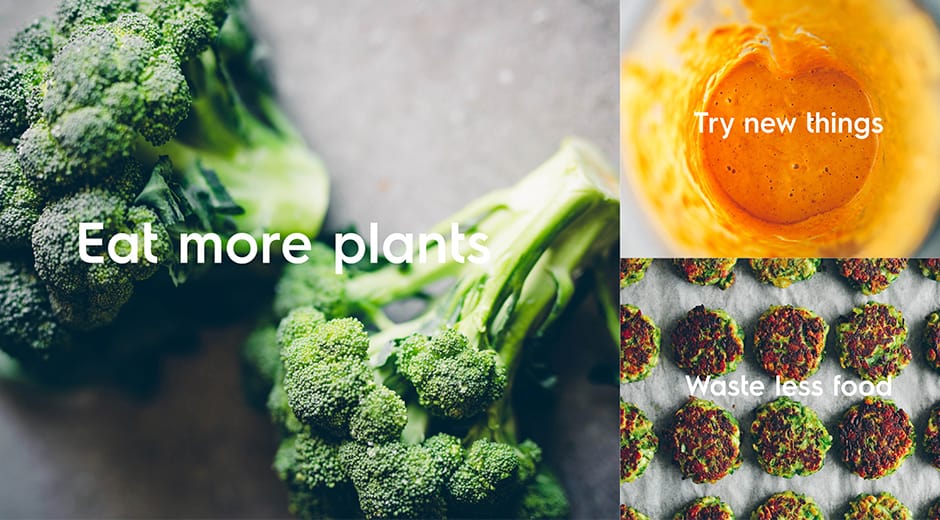Consumers have the power to contribute to a healthier planet if they eat more plants, try new things and waste less food, agreed a panel of experts at an Electrolux Food Foundation event last week.
To recognize World Food Day 2020, the Electrolux Food Foundation hosted a live event last Friday 16 October featuring a chef, a scientist and a social entrepreneur which focused on how shifting to a more sustainable diet today can create a better tomorrow.
“So many environmental problems that we’re facing today can be linked back directly to the food that we eat. The power is on our plates”, explained Global Food Lead Scientist for the WWF Brent Loken. While saying it’s important not to ‘meat-shame’ anyone, he explained by choosing more plant-based foods consumers can make a massive impact on the planet and on their own health.
Chris Koetke, Chef & Chairman, Feed the Planet, Worldchefs said that while chefs hold a lot of influence in encouraging more sustainable eating – for example 51% of US restaurants have added vegetarian dishes to their menus – the consumer is most powerful: “When it comes from the bottom up it’s 3 times more effective. Consumers need to push chefs, and push store owners, to offer delicious plant-based food. You have the power. Never underestimate that. We listen.”
There are 30,000 edible plant options available on the planet yet Earlene Cruz, Founder and Director of KitchenConnection.org said consumers currently rely on only four core crops for 80 per cent of their meals and that it’s important to try new things. ”When we were hunter gatherers, we weren’t relying on set menus or planning what our next meal was. We were very much relying on the earth and what it offered. And relying on that for our creativity. It’s an inherent need to be creative and we have to go back to that.” She suggested consumers should try and get cooking inspiration from young people, indigenous people and the older generation, as well as cookbooks and cooking classes.
With one third of all food currently going to waste, the panel consensus was the best way to avoid throwing away food was to find inspiring ways to cook delicious tasting food even if it’s getting old – “Think of it as a resource and a challenge, rather than trash”, said Koetke.
Meanwhile, Loken added a warning: “I don’t want to pass everything on to the consumer. I don’t want to let policy makers off the hook . They have to put regulations in place to make it expensive to waste food. Once we get the top down and bottom up coming together that’s where the magic happens and that’s where we’ll see real change.”
To listen to the full webinar, click on the link here.
Read here for more information on the Electrolux Food Foundation.


